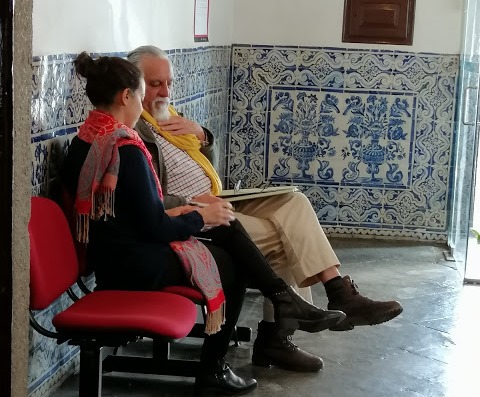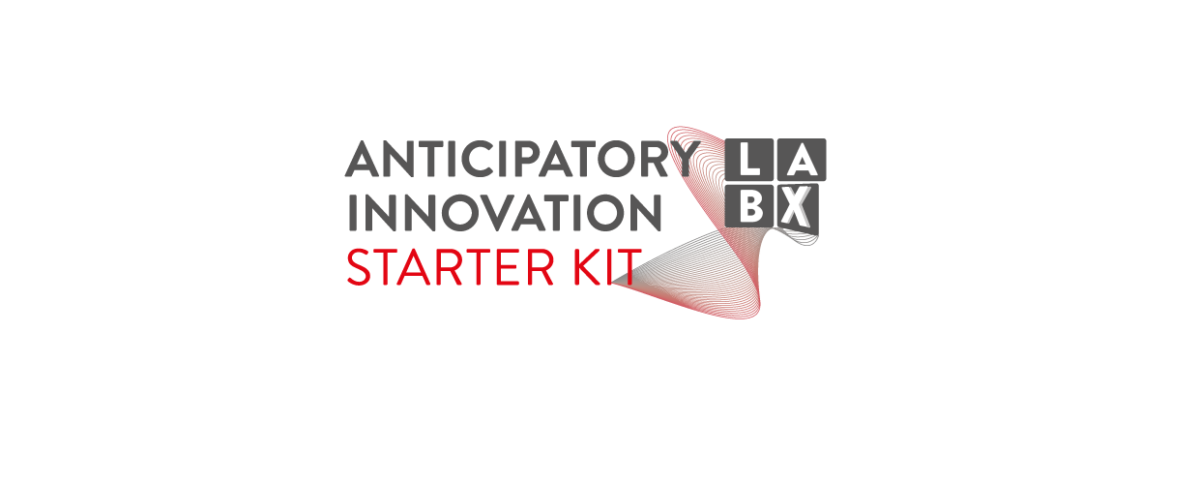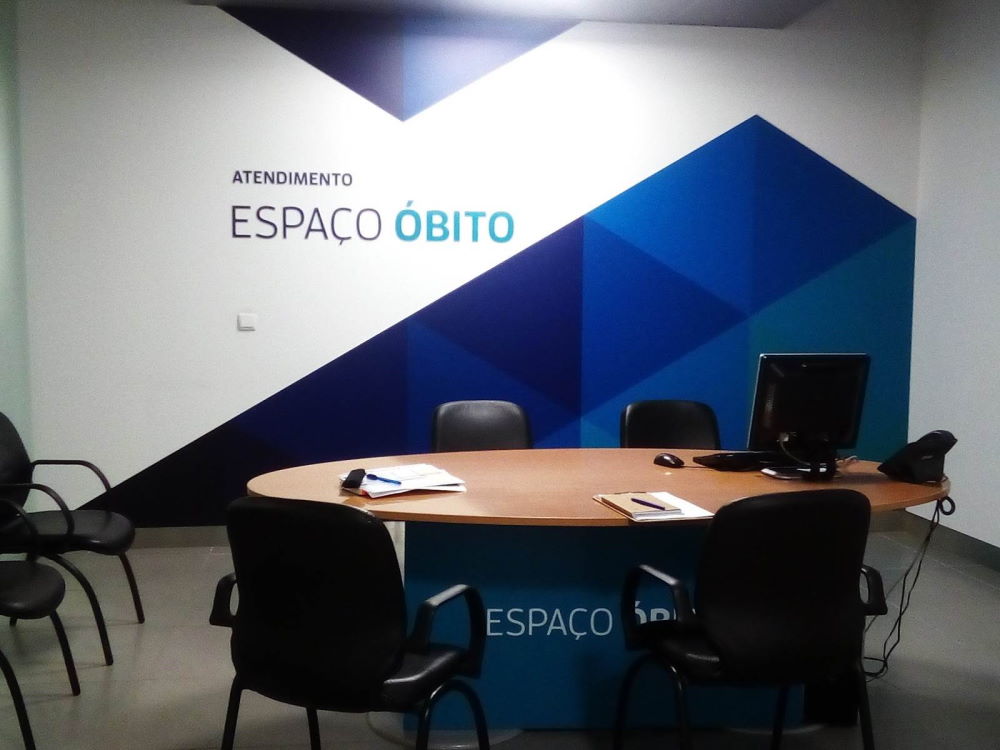Tax Citizenship 2.0

CHALLENGE:
Improve interactions between taxpayers and the Tax and Customs Authority.
BENEFICIARIES:
This project potentially benefits all individual and collective contributors.
APPROACH:
In a first phase, three Finance departments (Lisbon, Évora, Aveiro) were investigated, interviewing workers from the Tax and Customs Authority and applying 251 inquiries to the taxpayers present. Taking advantage of the partnership with the Experimental Research Laboratory in Economics and Management, 1001 citizens’ inquiries about their experience in interactions with the Tax and Customs Authority were collected and analyzed to complement the results of the field survey.
In a second phase, it developed jointly with an internal team from the Tax and Customs Authority, an instrument of tax literacy (“QuizAT – Do you want to test your knowledge of taxes?”), Aimed at (self) assessing the knowledge of taxpayers. 3400 taxpayers participated and allowed to obtain a rigorous empirical knowledge about the communications carried out in the face-to-face spaces of the Tax and Customs Authority, signaling to the teams of the Tax and Customs Authority points of pain and opportunity to explore from the taxpayers’ point of view.
In a third phase, an immersive training was carried out by a team from the Tax and Customs Authority, composed of colleagues from different departments, with the purpose of transferring skills and attitudes to enhance the experimental approach – and ensure the continuity and sustainability of this new methodology within of the Tax and Customs Authority. Still, a collaboration was developed around the improvement of the written communications of the Tax and Customs Authority addressed to taxpayers, and this stimulus was used to develop the methodology “Language Simplification Workshops”.
MAIN RESULTS:
- Conducting an updated diagnosis on the behaviors and perceptions of taxpayers regarding the Tax and Customs Authority;
- Conducting a training session on LabX methodologies for a group of workers from the Tax and Customs Authority;
- Definition of priority intervention areas for rapid prototyping cycles of solutions;
- Provision of a tax literacy tool in more than 150 Finance Services;
- Development and application of a methodology for simplifying written communications with employees of the Tax and Customs Authority.







